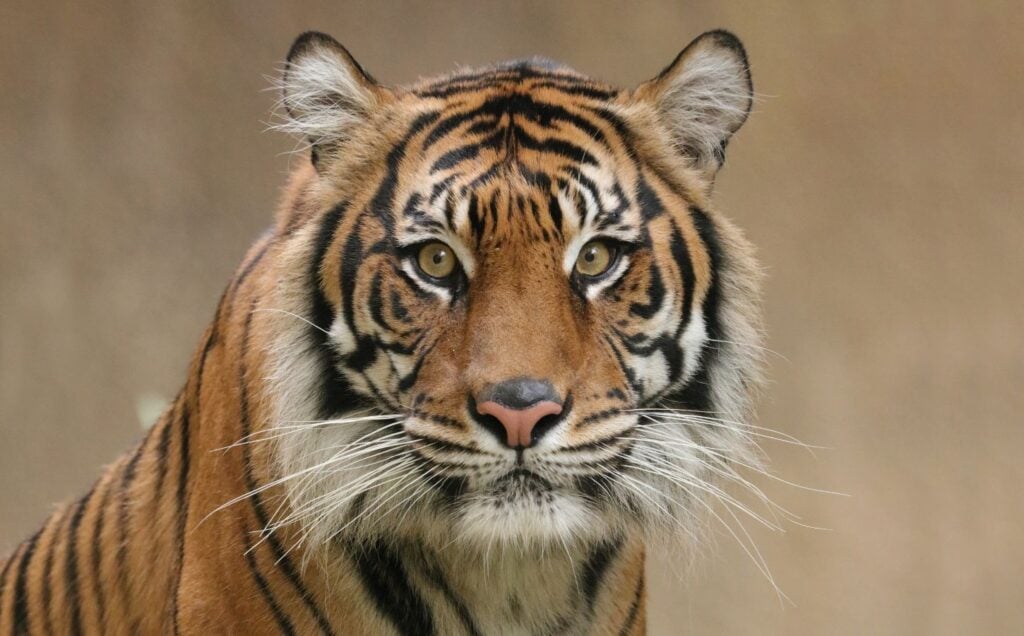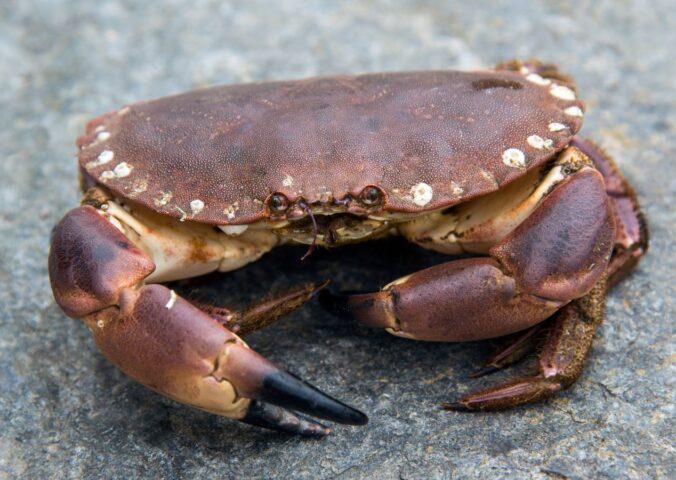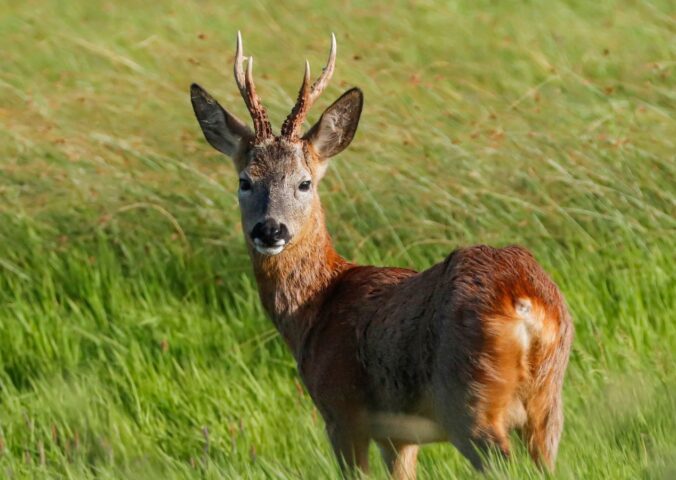An eight-year-old female Bengal tiger has been shot and killed after escaping her enclosure and roaming around a residential area in South Africa.
Sheba had been kept as a domestic pet on a smallholding in Johannesburg. However, she reportedly broke free and left the property earlier this month.
Local authorities reported that Sheba attacked a man, two dogs, and one pig while free. This, coupled with the region’s landscape, was cited as the reason for euthanizing her. It was said that trying to recapture and return her home was not viable.
“Due to the terrain and area it was not possible to contain her or secure her safely,” Gresham Mandy, a representative for the community police group said in a statement.
“At 3:45 am the decision was made to euthanize her while it was still safe to do so. Unfortunately at that moment in time darting her was not an option.”
William Mokoena, the man attacked by Sheba is now said to be considering a legal case against her owner.

Animal rights groups reiterate that tigers are not pets
Sheba’s death has prompted renewed calls for tighter legislation around the containment of exotic animals as pets.
“HSI/Africa is distraught by the news of Sheba the captive tiger’s destruction after her escape from a captive facility,” Dr Audrey Delsink, wildlife director for Humane Society International/Africa told Plant Based News.
“Big cats, like all wild animals, should never be kept in confinement for entertainment or as pets by people – they are predators who, by their very nature, hunt and kill for their survival and can pose significant safety risks to their owners, other animals, and the surrounding community.”
In certain parts of the country, including Gauteng, where Sheba lived, no permit is necessary to keep wild animals as pets. This has led to a spike in the popularity of holding rare animals captive at home. In fact, Bengal tigers are one of the most coveted companion animals in South Africa.
It’s estimated that around 1,500 tigers are kept as pets within the country. A big cat farming industry appears to be fulfilling demand for the animals, alongside an illegal tiger trade. Popular shows including Netflix’s Tiger King have been suggested as compounding the problem in recent years.
The law must step in
South Africa’s Society for the Prevention of Cruelty to Animals has been vocal about its concerns following Sheba’s death. The organization expressed a desire to see permits introduced for the containment of exotic animals, at the very least. It also appeared to show sympathy for the deceased Bengal tiger. Humane Society International is in agreement, but calls for a full ownership ban.
“We urge the South African Department of Forestry, Fisheries and Environment to replicate the US Senate Bill Big Cat Safety Act which would prohibit owning and exploiting any big cat for entertainment purposes. Sheba’s death is a reminder that wild animals should be kept where they belong – in the wild,” Delsink concluded.






